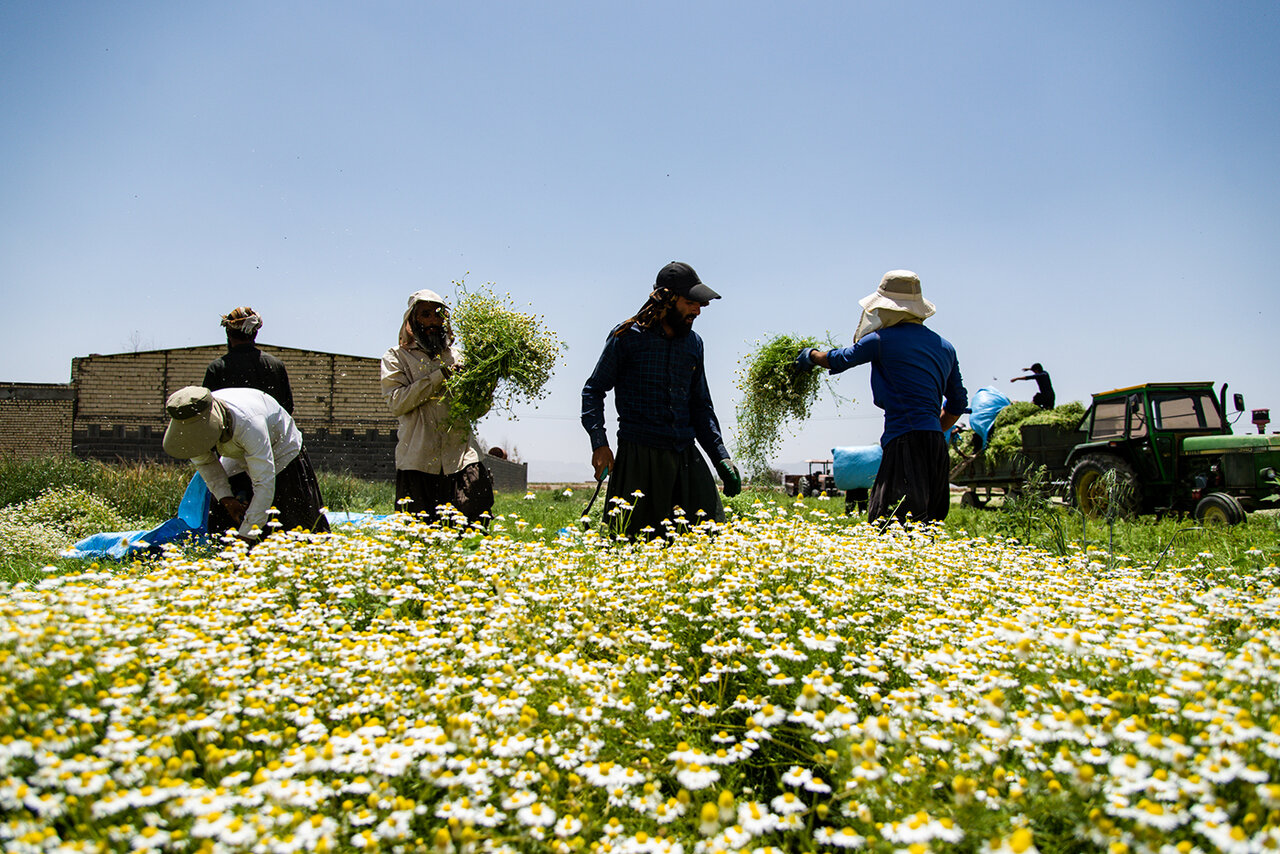
Similar Posts
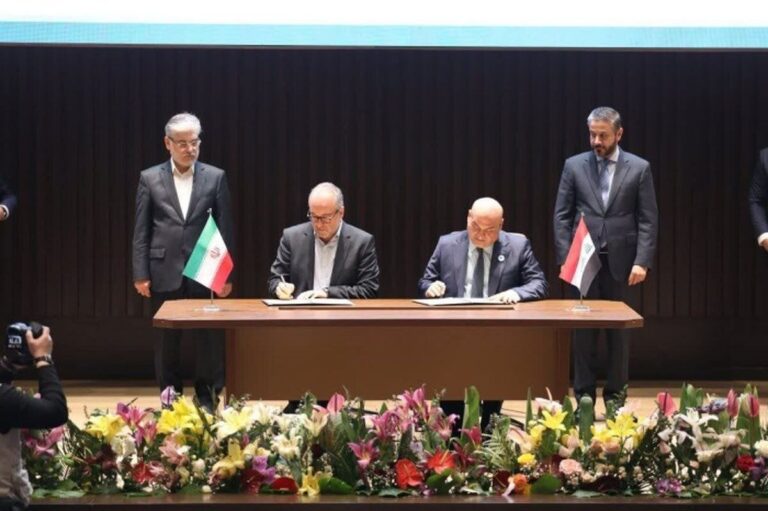
Tehran and Baghdad Forge Strategic Action Plan to Boost Scientific Collaboration
Iran and Iraq have signed an action plan to enhance academic cooperation during the second Iran-Iraq Science Week in Karbala. The agreement includes initiatives such as scholarship opportunities for Iraqi students, joint training courses, and faculty exchanges. Iran will provide 200 scholarships annually to Iraqi students, aiming to improve educational conditions and facilitate mutual learning. Key objectives of the Science Week include fostering scientific relations, showcasing technological advancements, and establishing science technology parks in Iraq. Both nations emphasize the importance of collaboration in addressing shared challenges and enhancing their educational and research capabilities.
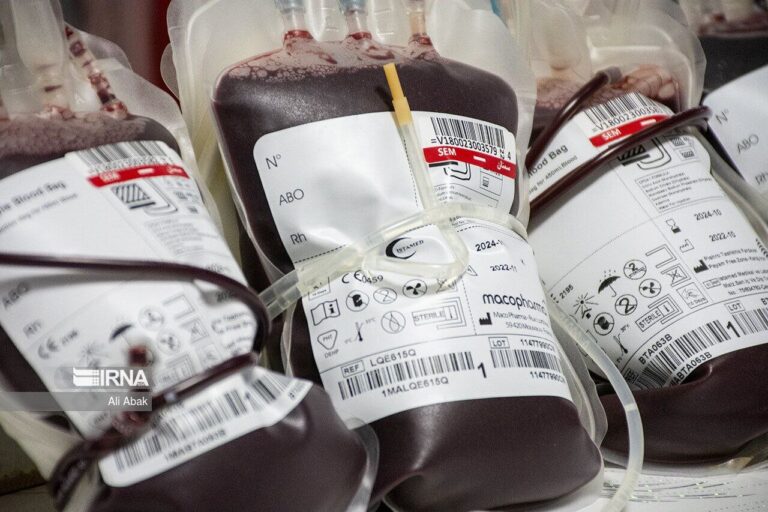
Record-Breaking Generosity: 2 Million Iranians Donate Blood in Just 10 Months!
In the first ten months of the Iranian calendar year, nearly 2 million Iranians donated blood, reflecting a 2% increase compared to previous years, as reported by the Blood Transfusion Organization. Tehran contributed over 16% of total donations, with significant growth in Kohgiluyeh-Boyerahmad (24%), Sistan–Baluchestan (14%), and Alborz (9%). Overall, blood donations surged to 3,347,804 units. Women’s participation remains low at under 5%, though some provinces show higher rates. The growth in continuous donations reached 56%, with Semnan leading at 69%. WHO Representative Jaffar Hussain praised Iran’s blood management efforts, encouraging collaboration for equitable healthcare access.
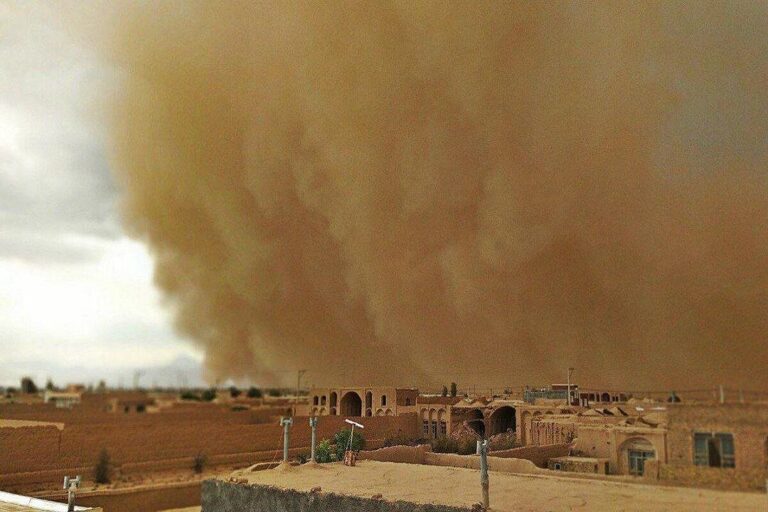
Empowering Regional Cooperation: Sharing Expertise to Tackle Sustainable Development Solutions
Sand and dust storms (SDSs) are increasingly challenging environmental issues in West Asia, affecting agriculture, transportation, and public health. Sediqeh Torabi from the Department of Environment highlights the need for regional collaboration to mitigate these impacts. A recent dialogue in Doha, involving senior officials from nine countries, focused on sharing strategies and addressing the transboundary nature of SDSs. Participants agreed to prioritize cooperation and share research findings. Additionally, Iran proposed integrating SDS management into broader environmental strategies. Ongoing efforts emphasize the importance of joint actions and tailored interventions to combat SDSs and ensure sustainable solutions for the region’s future.
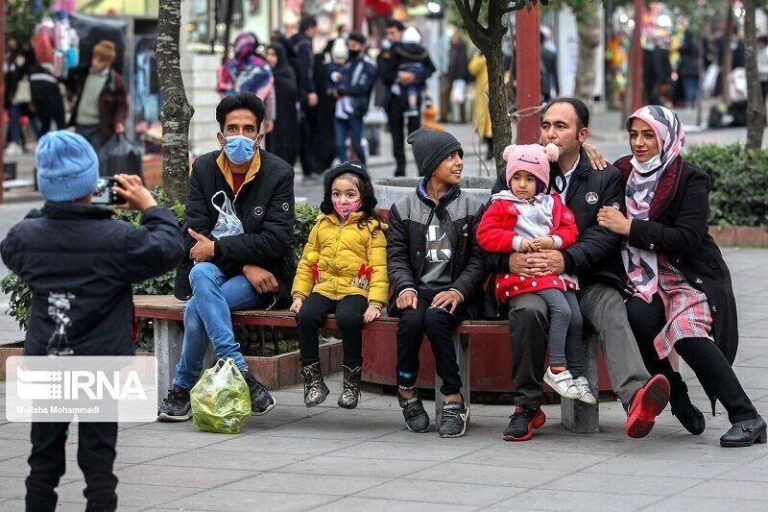
Empowering Youth: Health Ministry Prioritizes Young Population for Better Futures
Iran’s health ministry, represented by Alireza Raeisi, emphasizes the importance of the youth population amid global competition for human resources. Currently, Iran has a significant working-age demographic, presenting an opportunity for economic and social growth. However, neglecting this could lead to challenges like an aging population and a shrinking workforce. The ministry has initiated several programs, including free educational courses for young couples and extensive support for childbirth and infertility treatments. With a fertility rate of 1.6 children per woman, Iran faces a demographic shift, projecting that by 2050, 32% of its population will be elderly, necessitating adaptive policies for sustainable development.
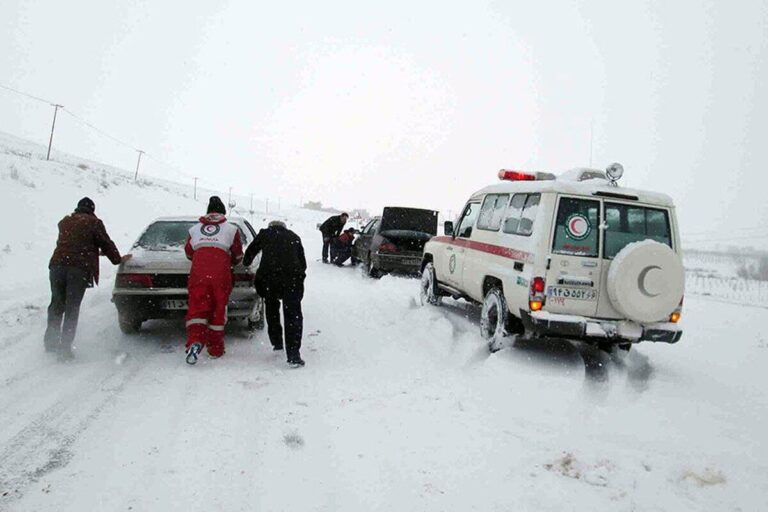
IRCS Impact: Over 485 Lives Transformed in Just Three Days!
The Iranian Red Crescent Society (IRCS) has been actively providing rescue services, assisting 486 individuals from January 22 to 24 through 284 operations, including 136 medical transfers. Their ongoing winter relief program, launched on December 6, 2024, involves 4,500 relief teams delivering life-saving aid and promoting road safety until March 10. Recognized as a leading humanitarian organization, the IRCS received praise from Faisal Mahboob of the International Federation of Red Cross and Red Crescent Societies for its exceptional performance. Future collaborations are planned to enhance IRCS capabilities and expand its humanitarian impact.
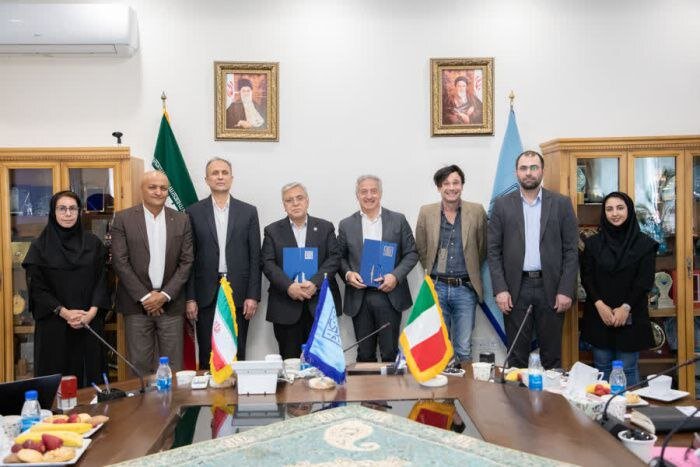
Iranian and Italian Universities Forge Groundbreaking Scientific and Educational Partnership
Shahid Beheshti University in Tehran has signed a memorandum of understanding (MOU) with Italy’s University of Salento to enhance scientific, research, and educational collaboration. The agreement includes joint courses, sabbaticals, research projects, workshops, and exchange programs. This partnership aims to build a framework for ongoing collaboration and knowledge exchange. Similarly, Allameh Tabatabai University recently signed an MOU with the University of Salento, focusing on social sciences. Additionally, Luiss University in Italy expressed interest in strengthening ties with Iranian universities. These initiatives reflect a growing trend of international academic cooperation, fostering innovation and enriching educational experiences.